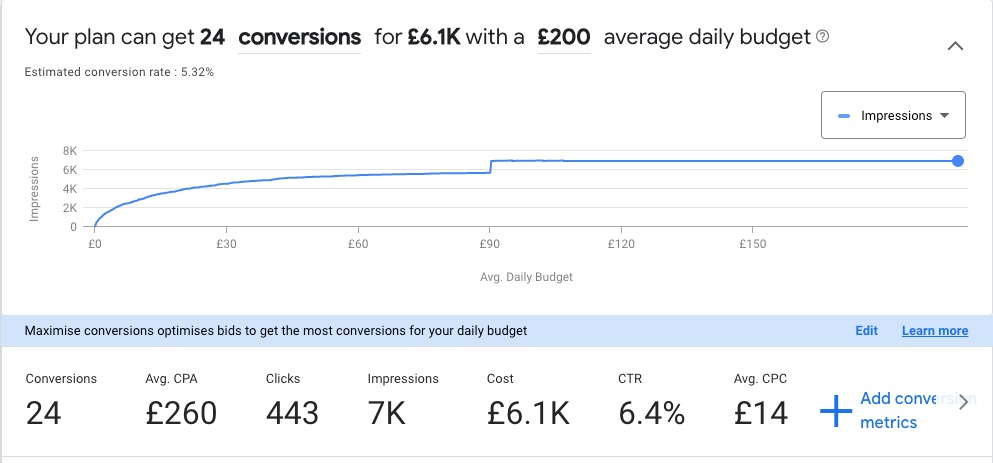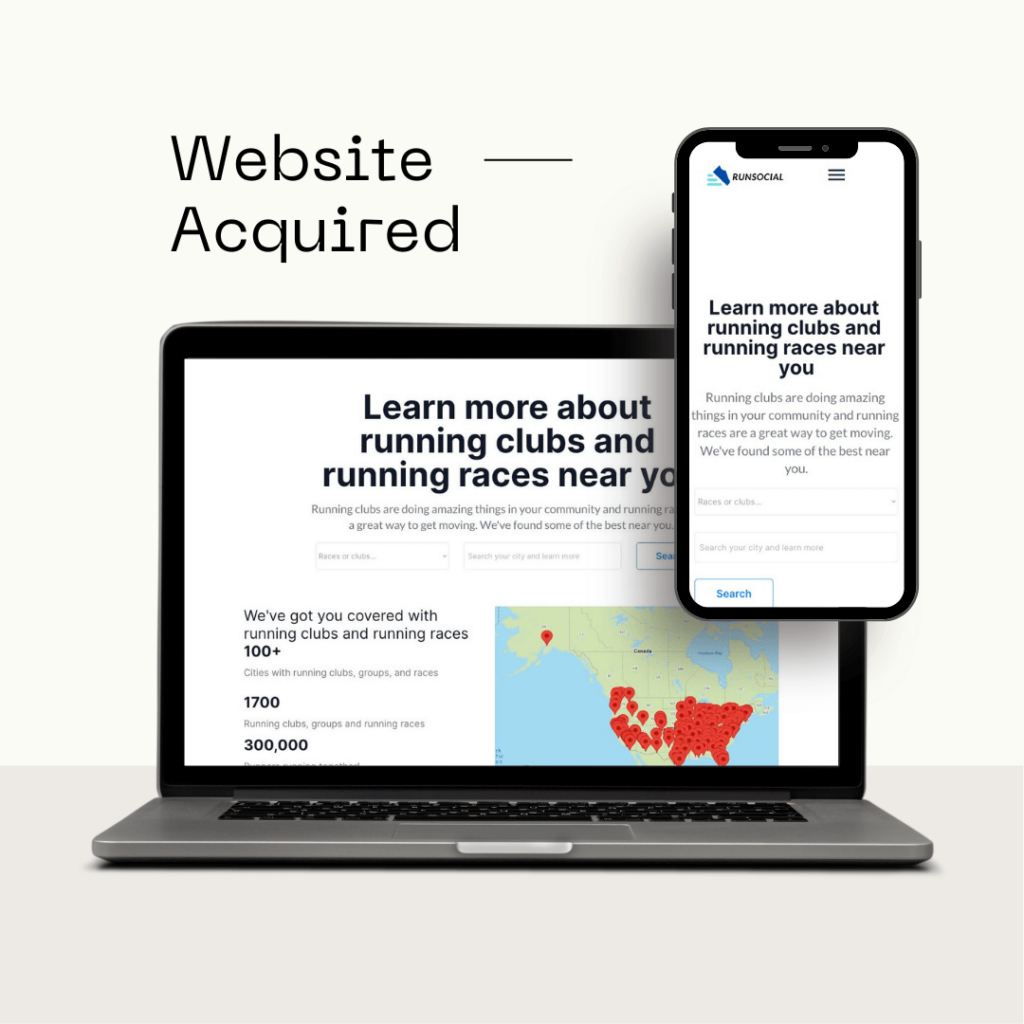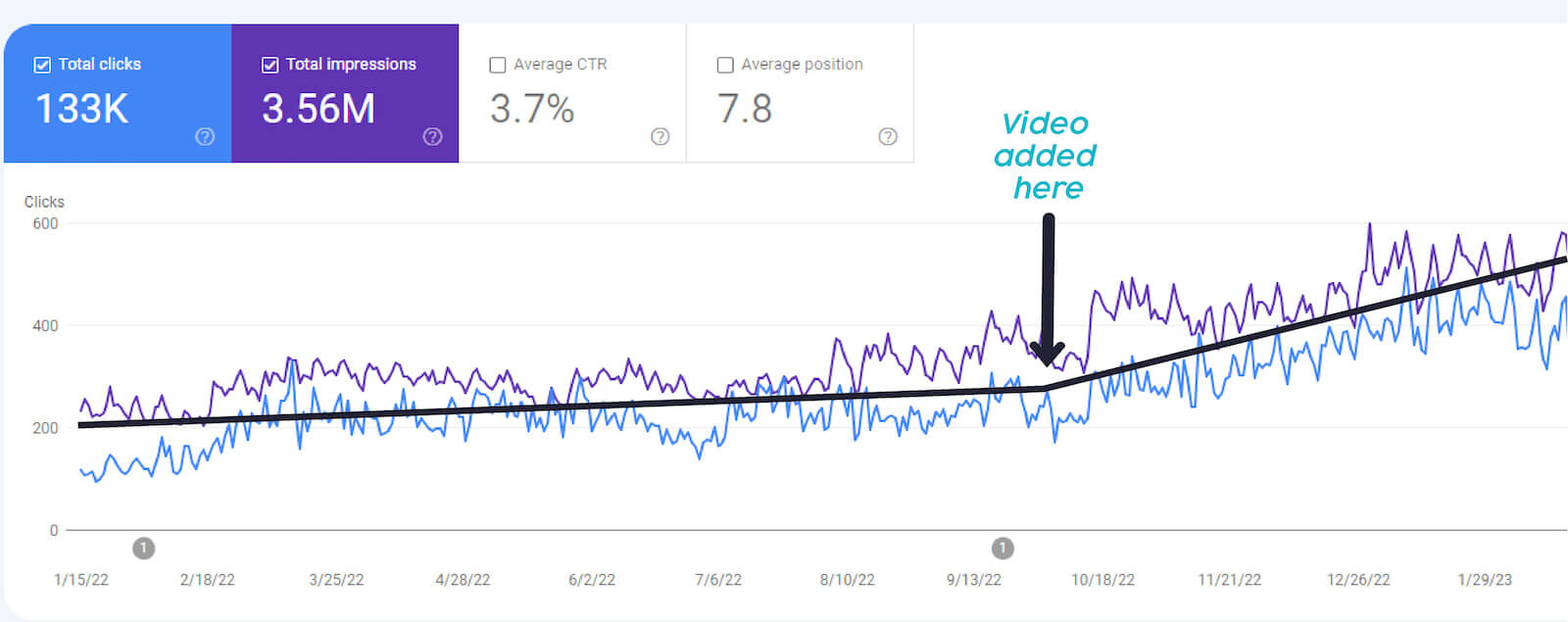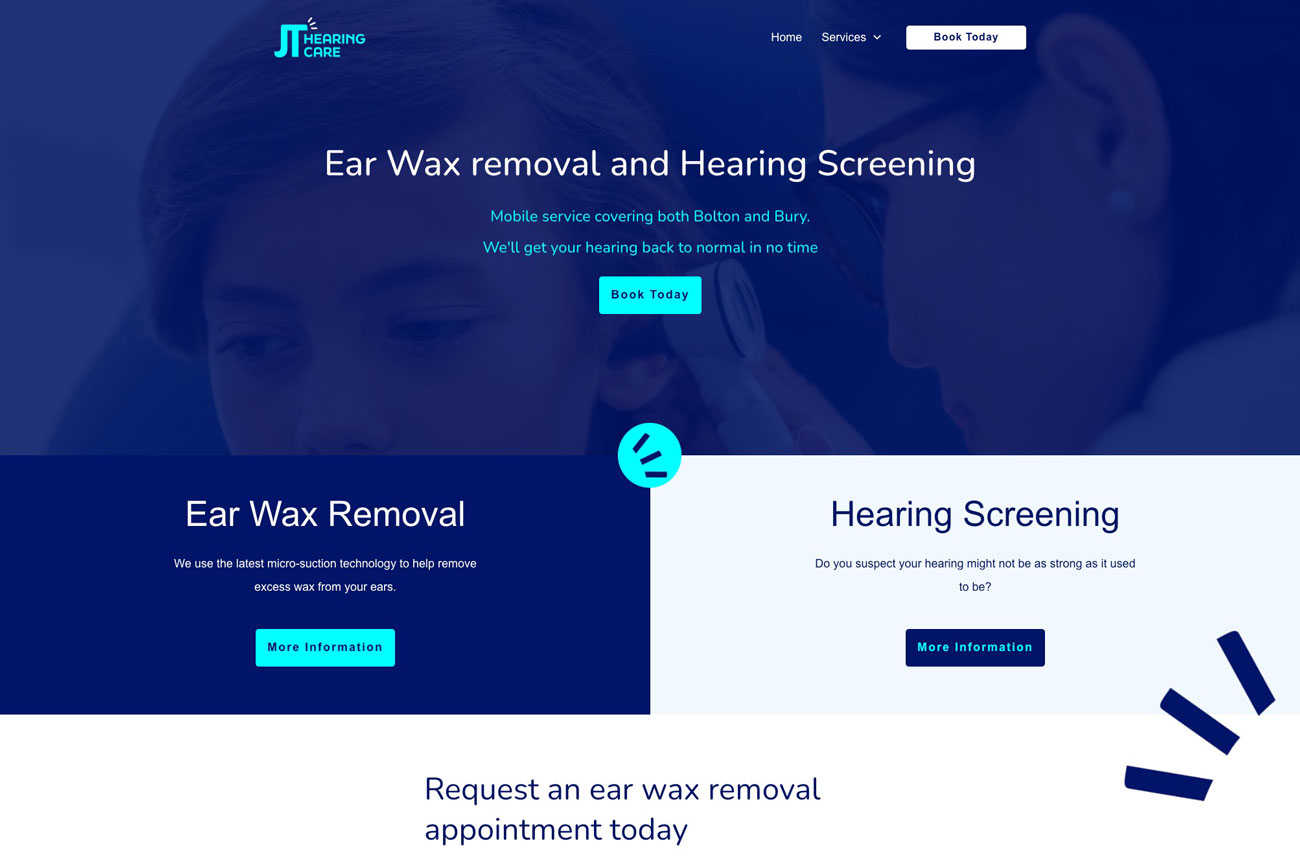Video Marketing for Law Firms: Does it work?
Are you using video marketing as part of your marketing mix?
It may surprise you that 90% of marketers use YouTube for video marketing. Yet the legal industry is slow on the take-up, with most UK law firms yet to attempt to harness the power of video marketing.
The same goes for law firms in other countries, too. According to a survey by the American Bar Association, only 24% of law firms used videos to market themselves, and these figures come despite the proven effectiveness of video marketing.
Here’s what you need to know about law firm video marketing.
What is video marketing for law firms?
Video marketing is using video to market your professional services. The goal is to help you reach a broader audience and generate new business. As a law firm, this is your ticket to breaking into platforms like YouTube and TikTok. Plus, you can use video on your existing social media channels, including Facebook and Instagram.
Nowadays, almost everyone has a pro-quality camera in their pocket, making it easy for anyone to shoot videos for their businesses. According to one stat, video is shared 1200% more than images and text combined.
Can video marketing work for professional services?
Video marketing is often associated with the eCommerce and retail sectors. Many solicitors and other professionals ask whether that success can be transferred to the service sector.
Studies have shown no decline in effectiveness when used for professional services. According to HubSpot, 96% of marketers agree that videos increase user understanding of products and services.
Even though this figure has fluctuated over the years, it has never dropped significantly below 90%, demonstrating the enduring effectiveness of video for professional services.
Why the legal industry should be using video in their marketing
The UK is a prime market for online videos. In the third quarter of 2022, online videos reached 85% of UK Internet users.
Apart from the fact that Internet users love video content, other reasons to invest in video marketing include:
It Works – Approximately 71% of B2B marketers and 66% of B2C marketers are using it. Video marketing is highly effective for various purposes regardless of industry and audience.
Strengthen Relationships – Build personal relationships by showing the real you. It’s an easy way of breaking the age-old stereotype that lawyers are naturally cold and distant. This also has the dual benefit of making yourself more trustworthy through humanisation.
Build Your Brand Image – Video content enhances your brand awareness. It’s also a showcase for who you are as a brand. Ultimately, thousands of legal professionals do the same thing you do, but your brand differentiates you from the rest.
Get Found on Google – SEO is how you get found locally and nationally. Video content is an easy way to improve your rankings, with videos being 53 times more likely to appear on the first page of Google.
Showcase Your Expertise – A significant part of video marketing is showing your authority and know-how. You want to show prospective clients how skilled you are. With explainer videos, you are already positioning your company as an authority.
With so few lawyers considering video marketing, it’s a blue-water zone you can exploit to stay ahead of the competition.
Types of video marketing for law firms
With the benefits of video marketing for law firms established, where should you begin?
Here’s a rundown of different types of videos solicitors can look into.
Brand awareness videos
Brand awareness videos are designed to tell your brand’s story and the person behind it. Messages that drive brand awareness include:
- Your story.
- Who your firm is.
- What is your mission?
- Your culture.
- What you do.
- How you make life better for your clients.
These videos explain a little about what separates your law firm from the rest by digging into how your firm came to be and where it’s going. It’s not about telling people how great you are; it’s about telling people who you are.
Solicitor profile videos
Law firms themselves are driven by the partners and legal professionals within them. Nobody looks to hire a leading law firm. They want to hire a leading lawyer because that’s the person guiding them through the legal system.
As part of brand awareness campaigns, it’s wise to include some solicitor profile videos highlighting your firm’s key figures. Again, focus on what makes them unique and their stories.
It’s all part of humanising your firm and demonstrating the real people behind the curtain.
Client testimonial videos
Client testimonials are precisely what you would expect. They are opportunities for some of your former clients to discuss their experience working with you.
This is one of the most effective types of marketing for law firms because the recommendation comes from an independent party, not you.
Informational videos for search
Informational videos focus more on the “education” aspect of the legal business. Many people are confused by the legalese they see and hear on TV.
These videos explain different legal concepts, provide an understanding of your rights, and go into the process of filing a case or defending against one.
Some ideas for informational videos include:
- Explaining legal terminology.
- What to do if involved in X situation.
- Debunking common legal myths.
YouTube channel videos
Posting videos on traditional social media channels is highly recommended, but the key to law firm marketing is to build a following on YouTube.
As the single largest video-based platform in the world, YouTube is a “must-have” as part of your marketing mix. If you’re eager to get subscribers quickly, you could even post some Shorts, which are Youtube videos of 60 seconds or less.
Social media video ad campaigns
Ad campaigns with video are among the highest ROI paid advertising options available to law firms.
These videos offer brand awareness, reach and engagement on specific social media platforms. It can be tricky to get an impactful ad, so be prepared to indulge in A/B testing.
Retargeting video ad campaigns
Retargeting video ads focus on hitting the people who have seen your ads or engaged with you before. Two types of retargeting exist:
- Video Watcher Ads (VWAs) – Ads served to people who have already watched a previous video.
- Video Content Ads (VCAs) – Ads served to users who have performed specific actions on your site.
In all cases, retargeting video requires a tracking pixel placed on your site to follow users and what they do.
How to create a video marketing strategy for your law firm
Before you can dive into creating videos, you need a strategy. This includes knowing your market, keyword research and determining your goals.
Here’s a quick rundown of some of the steps you’ll need to cover for lawyer video marketing:
Set a Goal – Setting a goal draws the line between success and failure. Is the goal to educate, generate business, or build your brand?
Conduct Competitor Research – Check what your closest competitors are creating and note what they’re doing to inform your ideas.
Do Audience Research – Use your analytics to determine your ideal audience. Then research how to reach them. Areas to focus on include age, location, gender and interests.
Determine Keywords – Keywords are just as crucial for videos, but not for SEO purposes. Instead, keywords help you figure out which questions your audience are asking, allowing you to build videos around them.
Track – Finally, once published, diligently track your video metrics and how those metrics translate to site metrics, such as visits, click-through rates and inquiries.
Regarding platforms, put your content where it will best be received. TikTok is geared toward short-form content, whereas YouTube is better for long-form content. You may also want to embed videos on your site where relevant. However, there’s no reason why you cannot use a social media scheduling tool to post your videos everywhere.
After all, what have you got to lose?
Law Firm Video Marketing with Tao Digital
Interested in harnessing the potential of a video marketing campaign for your legal practice? Get in touch with one of our marketing experts to learn more about what could work for your law firm.
We’ll run through everything from your current market footprint to your goals and expectations to determine the best legal video marketing solution. To learn more, contact the Tao Digital team now.


 Tao’s sister company
Tao’s sister company  The Importance Of Video In SEO
The Importance Of Video In SEO
